Rarely do prime ministers congratulate their nations on a slight upgrade in credit rating of the country (in this case by Moody's) but our Prime Minister did so. Remember, how the optimism of credit rating agencies about prospects of the Asset Backed Securities deluded investors, which triggered the 2008 global economic recession - the worst since 1930s?
Surprisingly, his congratulatory remark came when the KSE-100 index was sliding; since the last week of January, it had fallen by nearly 14 percent. Besides some "un-disclose-able" reasons therefor, brokerage houses cited political and policy uncertainties - reflecting the "good" governance of the state - as the factor causing this slide.
According to Moody's, Pakistan's major success was "clearing six IMF lending programme reviews" and regaining eligibility to borrow from the World Bank, but included a warning, which said "even so, a large budget deficit, high debt costs, and dependence on external funding leaves Pakistan vulnerable to political and economic risks". The Prime Minister conveniently ignored this comment.
While Pakistanis struggle with of a variety of economic challenges that may become tougher as the summer pushes up the demand for electricity far higher than its supply, and floods damage the country's physical infrastructure, economic analysts abroad are highlighting PML-N's "good" governance since assuming power nearly two years ago.
Just two examples of good governance were the Minister of Petroleum and Natural Resources' refusal to publicly disclose the pricing terms agreed for importing LNG from Qatar and rejection of his report on alleged mega oil theft by three oil exploration and production companies, by the parliament's Public Accounts Committee because the report didn't address the real issue - theft.
According to A Western news agency, Nawaz Sharif, who took power in May 2013, faced a balance-of-payments crisis but "exchange reserves have doubled in the past year to $16 billion, budget deficit has narrowed, and inflation is easing as global oil prices fall" and "the IMF is optimistic it [Pakistan] will meet the conditions of the $6.6 billion loan it received two years ago."
As rightly pointed out by economist Saqib Shirani, 72 percent of the rise in (official) forex reserves has been via fresh borrowing (including the Saudi 'freebie'). That being so, credit for reserves' build-up goes to the IMF whose lending helped build them up, and to OPEC which brought down the oil price, much to less "good" governance by the PML-N regime.
IMF's Jeffrey Franks sees "Pakistan breaking with the past precedent of failed IMF programs and half-completed reforms, which set the stage for a crisis." He conveniently overlooks the tactics used to convey that impression; an example thereof was insufficient import of petroleum products in December so that the forex reserves remained above $15 billion.
The fact is that slashing the Public Sector Development Programmes and delayed release of funds for the ongoing development projects, payment of electricity bills of state offices, valid tax refunds, and even salaries to state employees helped pass IMF's periodic checks on complying with the targets it has set under its current lending programme.
In IMF's view, the economy is improving and authorities seem committed to consolidate macroeconomic stability, strengthen public finances, and rebuild foreign exchange buffers. Consequently, "immediate crisis risks have greatly receded", but agrees that more must be done to broaden the tax base and address the "long-standing imbalances in the energy sector".
This is the profile of "good" governance focused on breaking the record of "half-completed reforms", though two crucial areas - increasing tax collection and reducing the demand-supply gap in the power sector - remain the regime's failures despite being in power for nearly two years. Reason: the regime's focus is elsewhere - motorways and politicking.
The IMF has also ignored that, despite its commitment to the IMF about appointing a professional Board of Directors in the Pakistan Steel Mills Ltd. as the precondition for Privatisation Commission's provision of Rs 18.5 billion rescue package the government has not yet appointed even the Chairman of the Board, let alone the full Board of the company.
Besides, has the government inculcated austerity, cut resource waste, netted a large chunk of the huge tax-evading lot, and helped increase exports? Wasn't this the route to building own forex reserves to cut reliance on external borrowing? Contrary thereto, exports went down during 8 out of the last 15 months, registering an overall decline of 5 percent in 2014-15.
Borrowed forex reserves assure only one thing: that in the short to medium-term, external payment obligations will be met. Such forex reserves cannot strengthen a currency, more so if those reserves are often used to perk up that currency, which we witnessed, and the economists now rightly believe that the rupee is overvalued by a hefty 19 percent.
Overvalued rupee is hurting export sector's competitiveness prodding demands for tax concessions and rebates, while cheap import of non-essentials goes on thereby forcing consumption of privatisation proceeds and inward foreign remittances for external debt servicing instead of building forex reserves, which is what Pakistan needs to do.
The industry cannot operate even at break-even capacity due to expanding gaps in the physical infrastructure, given the low importance assigned to this vital area. IMF-dictated expected massive rise in natural gas tariff for the industry in one go will make things worse. The 'Infrastructure Financing Review' released by the SBP on March 26, mandates allocating 10 percent of the GDP to this area to make up for its prolonged neglect.
Consequently, the 2014-15 GDP growth rate - already revised down from 5.1 to 4.5 percent - may fall below this level and end up between 3.8 to 4.1 percent due to reduced output growth of the Large-Scale Manufacturing sector; it is currently hovering around 2 percent. This power shortage-driven slide is increasing unemployment while imports remain high.
Yet, building motorways by sidelining urgently-needed outlay on the infrastructure continues. That's not all; the government couldn't undo the scandalous profiles of the LNG import from Qatar on a "yet undecided" price and the cost revision of the Nandipur Dam project. Resources spent on preparatory work for the now abandoned coal-fired power projects to be built near Karachi, too were disclosed reluctantly. Together this scenario reflects indiscrete use of borrowed resources but ignored by the IMF.
In his book 'Globalization and its discontents', Joseph Stiglitz, former WB Chief Economist who had to resign because his policies angered the White House, says "IMF economists worry a lot about balance of payment deficits; such deficits are, in their calculus, a sure sign of a problem in the offing. But in railing against such deficits, they often pay little attention to what the money is actually being used for."
BR100
15,048
Decreased By
-10.6 (-0.07%)
BR30
43,240
Increased By
309.1 (0.72%)
KSE100
148,435
Decreased By
-380.2 (-0.26%)
KSE30
45,069
Decreased By
-137.2 (-0.3%)


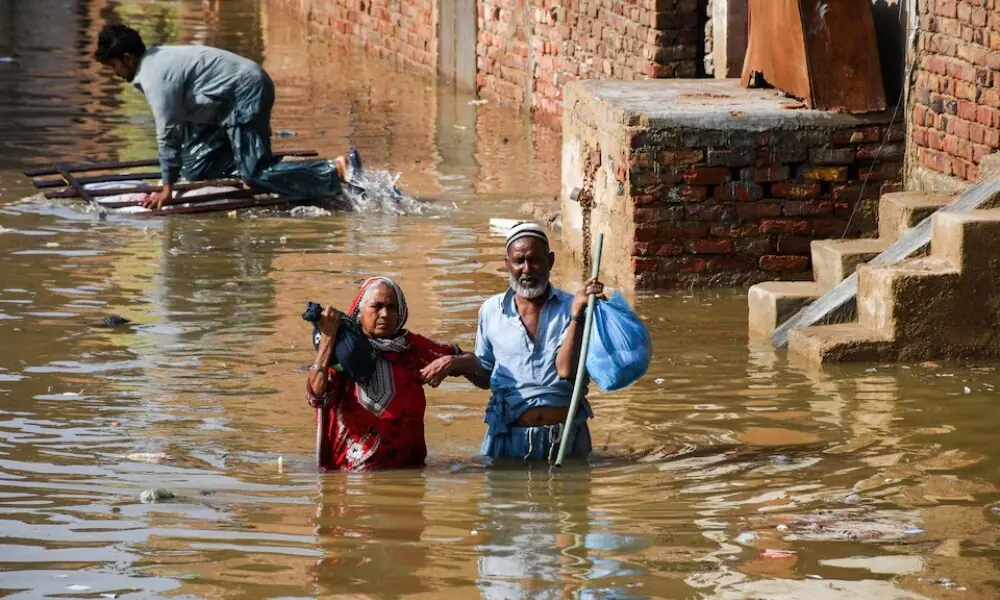


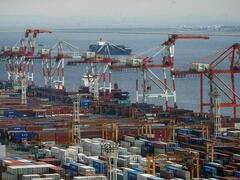
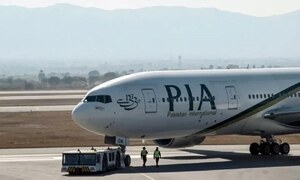






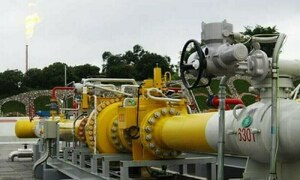
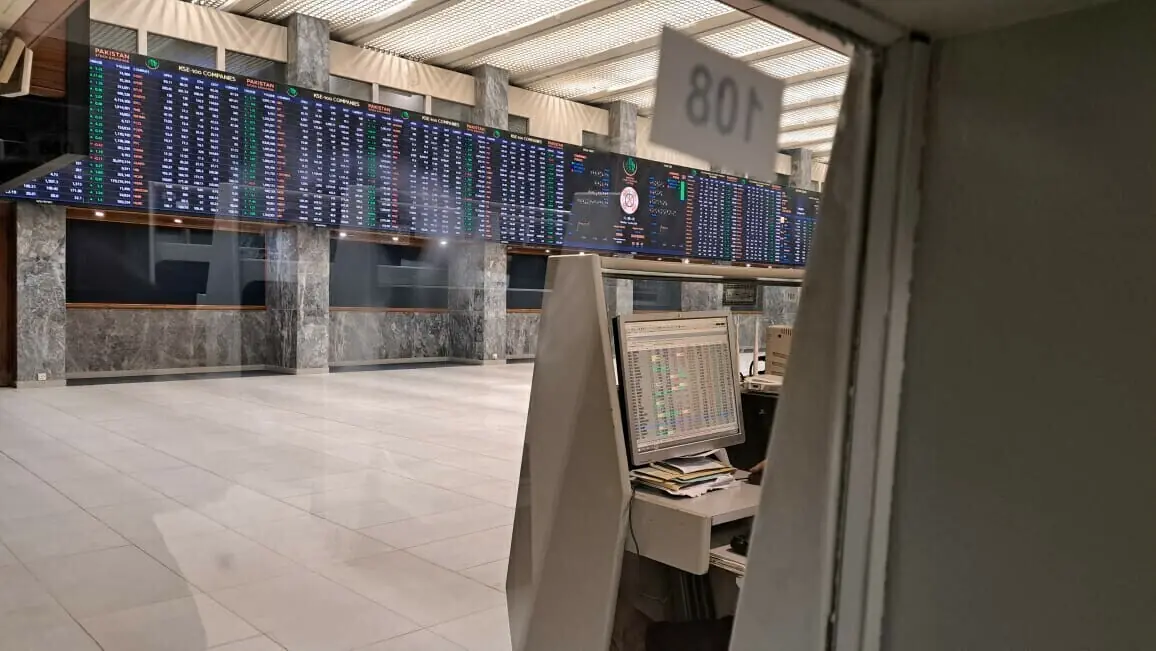
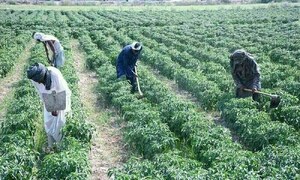
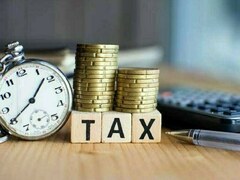

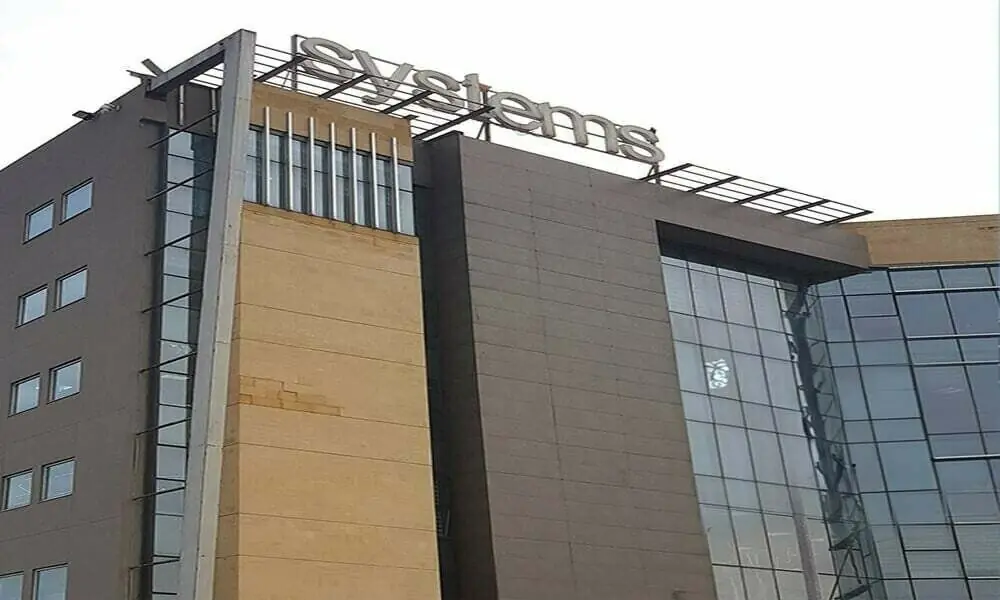
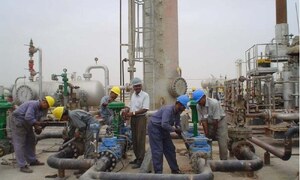
Comments
Comments are closed.